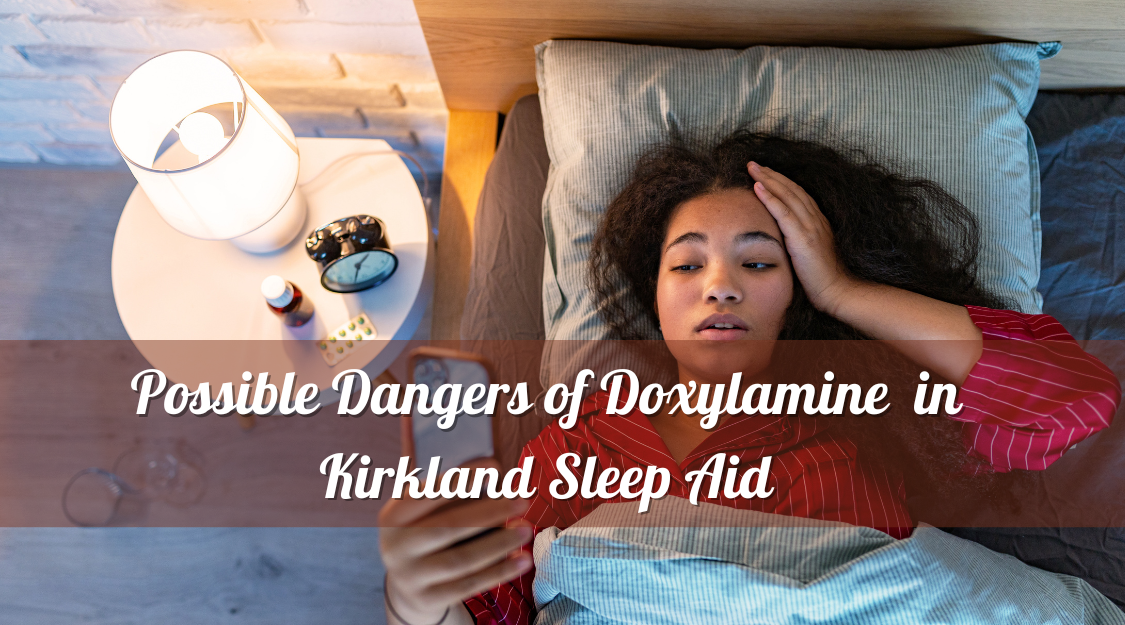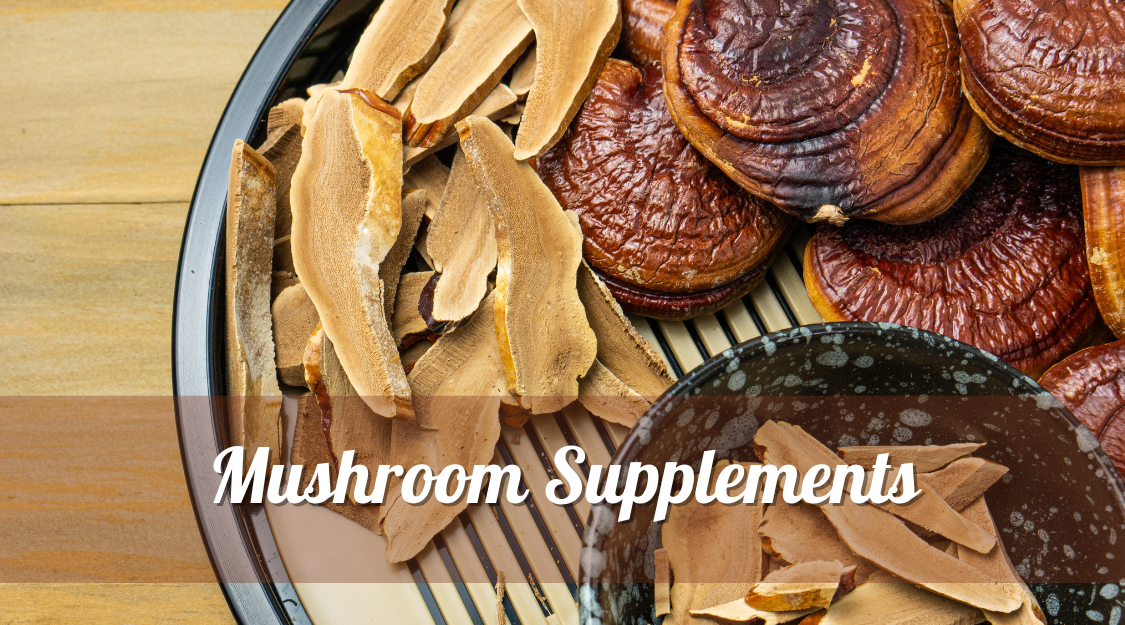
Understanding the Risks of Doxylamine Succinate in Kirkland and Numark Sleep Aids: Why Magnesium Glycinate is a Safer Alternative
Sleep is a cornerstone of good health, essential for mental clarity, physical energy, and overall well-being. In today’s fast-paced world, however, many people struggle to get the rest they need, leading them to seek out over-the-counter sleep aids. Among the more popular choices are Kirkland Sleep Aid and Numark Sleep Aid, both of which are widely available in the UK. The key ingredient in these products, doxylamine succinate, is effective for inducing sleep but comes with several potential risks. This article will explore the dangers of doxylamine succinate and present magnesium glycinate as a safer, natural alternative.
What Is Doxylamine Succinate?
Doxylamine succinate is an antihistamine that is often used for its sedative properties to treat short-term insomnia. It is the active ingredient in both Kirkland and Numark Sleep Aids. While it can help you fall asleep, doxylamine succinate has several side effects that consumers should be aware of before using these products.
The Risks of Doxylamine Succinate in Kirkland and Numark Sleep Aids
1. Dependency and Tolerance
One of the most concerning risks associated with doxylamine succinate is the potential for dependency. Although it is intended for short-term use, some people may find themselves relying on it regularly to fall asleep. Over time, the body can build a tolerance to the drug, requiring higher doses to achieve the same effect. This can lead to a cycle of increasing use, making it difficult to stop without experiencing withdrawal symptoms.
2. Next-Day Drowsiness
Doxylamine succinate has a long half-life, meaning it stays in your system for an extended period. As a result, you might feel groggy or drowsy the next day, which can impair cognitive function and overall alertness. This is particularly dangerous for individuals who need to drive or perform tasks that require full concentration.
3. Cognitive Impairment
Regular use of doxylamine succinate has been linked to cognitive impairments, particularly in memory and learning. This is especially concerning for older adults, who are already at risk for cognitive decline. Long-term use of doxylamine succinate has even been associated with an increased risk of dementia and other neurodegenerative diseases.
4. Anticholinergic Effects
As an anticholinergic drug, doxylamine succinate blocks the action of acetylcholine, a neurotransmitter crucial for memory and learning. Anticholinergic drugs are known to cause a range of side effects, including dry mouth, constipation, urinary retention, blurred vision, and an increased risk of falls, particularly in older adults.
5. Allergic Reactions and Other Side Effects
Some people may experience allergic reactions to doxylamine succinate, ranging from mild rashes to severe anaphylaxis. Other common side effects include dizziness, nausea, headaches, and an increased heart rate, all of which can negatively affect overall health and well-being.
Given these potential dangers, it’s essential to consider safer, more natural alternatives for improving sleep quality. One such alternative is magnesium glycinate.
Why Magnesium Glycinate Is a Better Choice
Magnesium is an essential mineral involved in numerous bodily functions, including muscle relaxation, nerve transmission, and energy production. It also plays a critical role in promoting relaxation and supporting healthy sleep patterns. Among the various forms of magnesium available, magnesium glycinate is particularly effective for sleep support.
1. Superior Absorption
Magnesium glycinate is a chelated form of magnesium, meaning it is bound to the amino acid glycine. This form of magnesium is highly absorbable, making it more bioavailable than other forms like magnesium oxide or magnesium citrate. This means your body can more efficiently utilize the magnesium, leading to better results with fewer side effects.
2. Gentle on the Stomach
Certain forms of magnesium, such as magnesium citrate, can cause gastrointestinal issues like diarrhea and cramping. Magnesium glycinate, on the other hand, is much gentler on the stomach, making it a better option for those with sensitive digestive systems.
3. Additional Benefits from Glycine
The glycine component in magnesium glycinate offers additional sleep benefits. Glycine is an amino acid that promotes relaxation and improves sleep quality by calming the nervous system and lowering the body’s core temperature, helping you fall asleep faster and enjoy a more restful night.
4. Safe for Long-Term Use
Unlike doxylamine succinate, which should only be used for short-term relief, magnesium glycinate is safe for long-term use. This makes it an excellent choice for individuals looking to naturally improve their sleep quality over time.
5. No Risk of Dependency
Magnesium glycinate works with your body’s natural processes and does not carry the same risks of dependency and tolerance as doxylamine succinate. You can use it regularly without worrying about becoming reliant on it to sleep, as it supports a healthy, balanced state that naturally promotes better sleep.
Conclusion
While Kirkland and Numark Sleep Aids may offer a quick fix for occasional sleeplessness, the risks associated with their active ingredient, doxylamine succinate, cannot be ignored. From the potential for dependency and next-day drowsiness to cognitive impairment and anticholinergic effects, doxylamine succinate poses significant health risks, particularly when used over the long term.
In contrast, magnesium glycinate is a safer, more natural alternative for those looking to improve their sleep quality. With its superior absorption, gentle action on the digestive system, and additional benefits from glycine, magnesium glycinate supports better sleep and contributes to overall health and well-being. If you’re considering your options, magnesium glycinate stands out as a wise and health-conscious choice for long-term sleep support.




.png) Is 80 of 120 Blood Pressure Normal
Is 80 of 120 Blood Pressure Normal
 Is it Safe to Sleep in a Freshly Painted Room? Tips for a Safe and Comfortable Experience
Is it Safe to Sleep in a Freshly Painted Room? Tips for a Safe and Comfortable Experience













